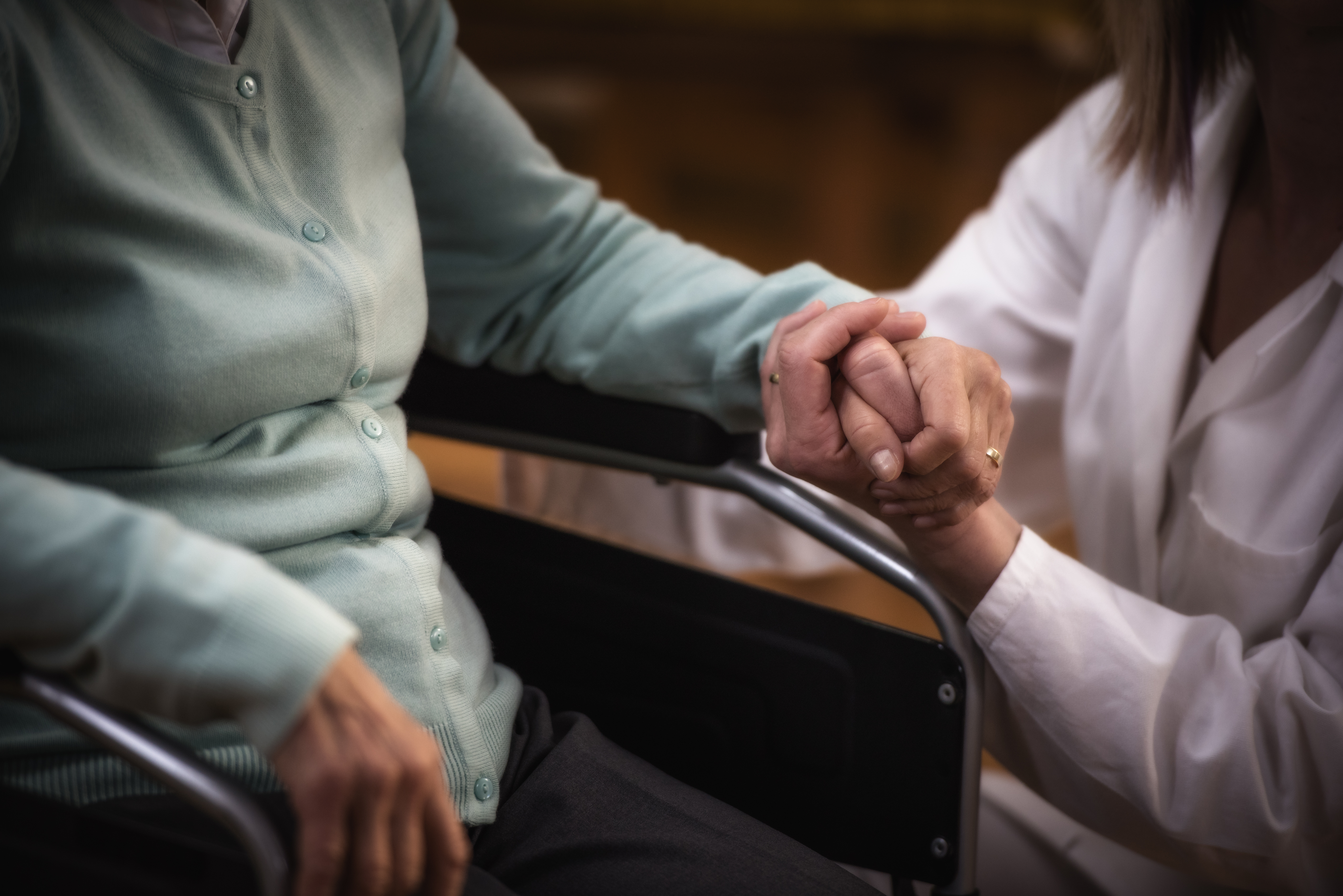Coalition Urges Action on Long-Term Care in Florida

By Verónica Zaragovia
Margalie Williams has spent nearly 40 years bathing, feeding and making patients comfortable at Miami-area nursing homes. She currently makes $12 an hour.
“Money isn’t what motivates me,” said Williams, 60, a certified nursing assistant from North Miami. “It makes me happy to care for the residents.”
But her small paycheck means struggling to cover expenses, such as the blood thinner she takes since suffering a stroke last year.
Low pay is one reason nursing homes and assisted living facilities often struggle to attract and keep quality employees.
That challenge is among the core issues a new group—the Coalition for Silver Solutions—is asking lawmakers to focus on this year. The goal: Improve Florida’s long-term care system.
“We rely on the good nature of caregivers willing to work for wages that are not good for quality care,” said Dale Ewart, vice president of 1199SEIU United Healthcare Workers East for the Florida region.
The coalition’s founders are AARP Florida; the Florida Health Care Association, which represents skilled nursing and assisted living facilities; LeadingAge Florida, dedicated to nonprofit long-term care facilities; the 1199SEIU United Healthcare Workers East, focused on workers; and the Florida Association of Aging Services Providers, which supports deliverers of home- and community-based services.
The group is pushing for increased quality of care in nursing homes and assisted living facilities, help for caregivers and more support for services that allow older adults to live at home longer—avoiding the need for more costly nursing home care.
The coalition is hosting meetings to get public input.
It will present short-term recommendations to lawmakers for the 2020 session that starts in January. It will then submit a more comprehensive plan the following year.
Need grows as population ages
Long-term care advocates are optimistic that Florida’s elected leaders will pay attention, in part because the coalition members themselves agreed to team up when they’ve historically competed for state funds.
“There’s always been this scarcity mentality that has everybody trying to elbow each other out of the way to get to the pot of money and to get legislative policy fixes,” said Jeff Johnson, AARP Florida state director.
But now organizations are focusing on shared challenges.
Roughly 4.4 million people over 65 live in Florida, a number that the University of Florida projects will rise to nearly 6 million by 2030.
“There’s increased pressure coming on the systems caring for seniors in Florida” as boomers age, said Steve Bahmer, CEO of LeadingAge Florida.
About 2.7 million Floridians provide unpaid care for family members or friends, a value estimated at almost $30 billion, AARP research shows.
The coalition is seeking ways to bolster services, such as Meals on Wheels, that allow people to live independently longer. While Medicaid and other state-funded programs help caregivers, more than 70,000 people remain on wait lists for such services.
Learn more about AARP Florida advocacy efforts at aarp.org/fl or by calling 866-595-7678.
Verónica Zaragovia is a writer living in Miami and Berlin.


